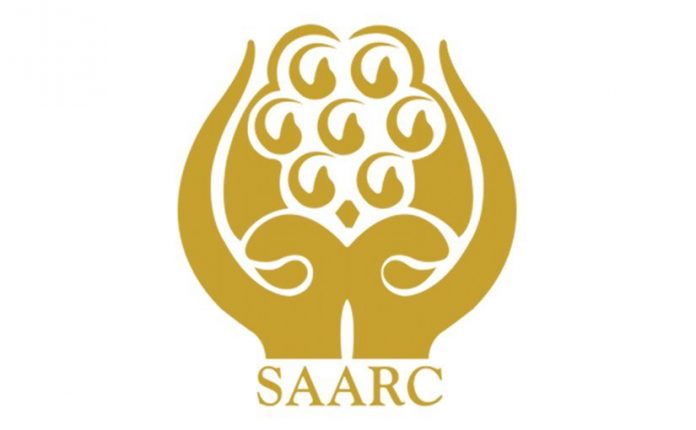LAHORE: Federation of Pakistan Chambers of Commerce and Industry, SAARC Chamber Pakistan chapter, and Lahore Chamber on Monday jointly slammed the Indian premier Narendra Modi for declining Nepalese Prime Minister KP Sharma Oli’s offer for participating in the SAARC summit in Islamabad.
In a joint statement, they said that India’s stubborn stance on SAARC will lead to disruptions in the process of making South Asia a global superpower and jeopardise all efforts designed for achieving durable peace and prosperity in the region.
Vice President Iftikhar Ali Malik after chairing a high level meeting of trade leaders ,gave his reaction to the media at the refusal of India to participate in the SAARC summit if Pakistan hosts it, said South Asia cannot progress in any sphere of life unless the core issues between Pakistan and India are addressed promptly through a series of result-oriented parlays.
He said India is committing unprecedented atrocities in occupied Kashmir and using despotic all available state’s resources to stifle the voices of liberation of Kashmir. He said without solution of Kashmir durable peace is not possible so Pakistan and India must resolve outstanding economic and security disputes including the Kashmir issue to fully exploit economic potential of eight-member SAARC for better future and durable peace in the region.
Vice President and Regional Chairman, FPCCI Ch Arfan Yousaf said Indian Prime Minister Narendra Modi should play a positive role in reviving the stalled SAARC Summit process setting aside his prejudice and political insularity. “War is no solution to disputes and both the countries should resolve issues through dialogue,” he added. He said India escalated tension to conceal its brutality in Jammu Kashmir and blamed Pakistan of cross bordering terrorism.
He urged the leadership of both the countries to resolve issues through diplomatic channels.He said that SAARC had the potential to become one of the major global centres of economic power. “For this to happen, South Asia needs peace, stability and mutual cooperation,” he added.




